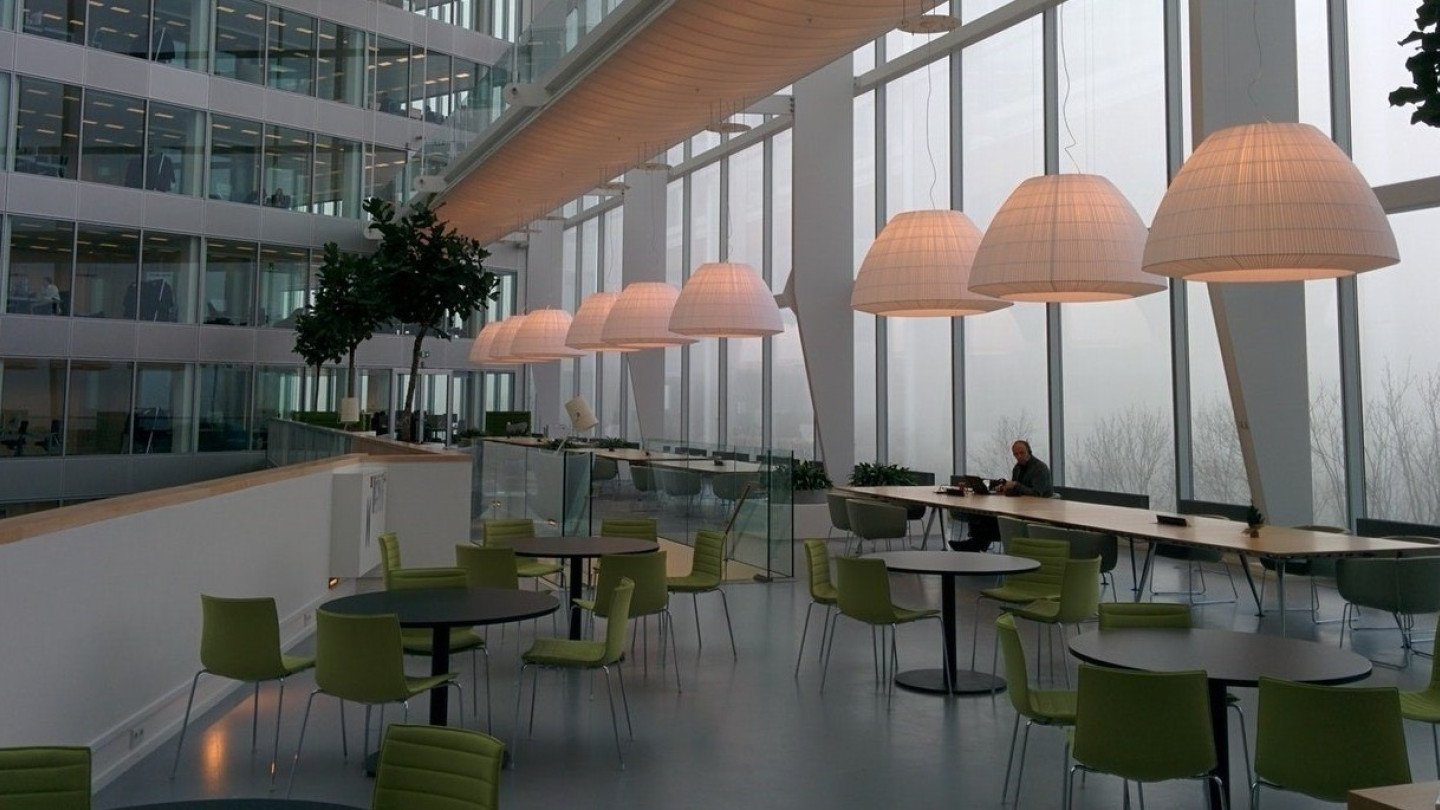Real Estate & Urban Employment Monitor – 3rd Edition: the 6 main challenges met by the real estate industry in France
Since June 2018, the ASPIM has contributed to the making of the 3rd Edition of Real Estate & Urban Employment Monitor, the annual study on real estate and urban planning professions; This study, made by EY, The Palladio Fondation and Business Immo was published February the 21st, for the “Forum des métiers de l’Immobilier et de la Ville” (FMIV).
This study on real estate and urban employment is unique in France, as it results from the collaboration of over 30 organizations and professional associations and more than 1000 business leaders and 300 students. All participants shared their analysis and viewpoints and discussed the issues and challenges ahead on innovation and development.
The study covers all operators from the value chain in France, meaning over 100 professions, from 8 interconnected sectors: architecture and urban planning, building construction, sales and marketing, expertise and consulting, property management, real estate investment and financing, engineering and technical services, real estate development.
The sector mentions its challenges and projects in mater of human resources
- 83% of Real estate and urban leaders are thinking of hiring in the next 3 years, 87% of which in permanent contracts.
- However, 74% have found it difficult to recruit, even more so over the last few years.
- Business leaders are looking for 2 main skills in the people they recruit: the ability to work as a member of a team and a strong sense of customer service.
- On the other side, students have 5 main expectations when looking for a position: finding meaning in their work, earning a reasonable income, the possibility of working on projects with tangible outcomes, having career opportunities and the possibility to progress rapidly, and a good work environment.
- 43% of asked business leaders have set up actions in favour of gender equality in the workplace (company agreements regarding gender equality at work, equal pay for men and women, parity is considered when recruiting, campaigns against discrimination and prejudice, specific training programs are developed, …)
93% of Real estate and urban leaders consider their profession is in the general public interests, which meets with the first student expectation regarding finding meaning in what they do. And over 92% of the former would recommend the Real estate sector to their relatives and close ones.
The sector remains essential to the French economy
- The sector represented 10.8% of the GDP in 2017, and had increased of 3.3% between 2016 and 2017 (instead of 2.2% growth for the French economy for the same time).
- In 2017, the sector accounted for 2.1 million jobs and had created 55 000 new ones (1 out of 5 created in France).
- Recruitment and attractiveness of the sector and its jobs are key challenges in 2019 for business leaders. Because difficulties to recruit arise from the paradox between the reality of a quite dynamic sector and its image, that remains rather complex. Promoting a more integrated sector, having a shared responsibility in creating the city and common places.
- Then come the innovation (because only 55% of business leaders deem their sector more innovative than others) and business leaders must innovate regularly to successfully transform their business models along with new trends.
- The sector needs to adapt faster to the ecological transition, because it is the first sector regarding energy consumption.
